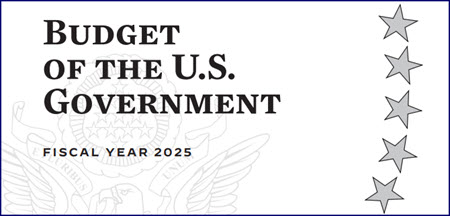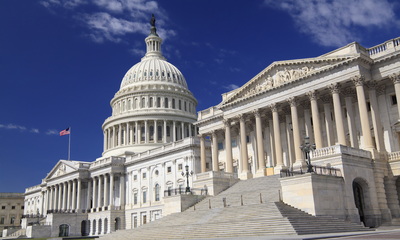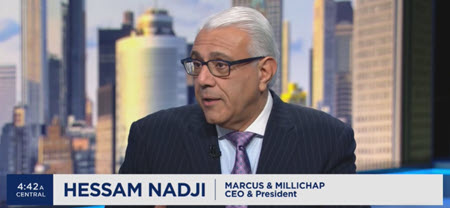
The Biden administration this week released its $7.3 trillion FY2025 budget request, which includes $4.9 trillion in tax increases and several tax proposals impacting capital gains. The Treasury Department also released its "Green Book," which provides detailed descriptions of the budget’s tax proposals and associated revenue estimates. (White House budget and Treasury news release, March 11)
Capital Gains Focus
Tax Debates Begin

Joint Employer Rule Struck
As an appeal from NLRB is expected, employers should continue to comply with the current joint-employer rule adopted in 2020. (JD Supra, March 14)
# # #

This week President Biden and his top economic advisor previewed a new Housing Innovation Fund and forthcoming proposals to encourage additional housing development. The White House’s focus on affordable housing confirmed it will be a top administration priority as the presidential election season picks up momentum. (Politico, March 14)
Administration’s Housing Remarks
New Initiatives

During a Senate Banking hearing on March 12 on Housing Affordability, Availability, and Other Community Needs, bipartisan support was also expressed for expanding the LIHTC—a policy strongly supported by The Roundtable. (Roundtable Weekly, March 1 and Feb. 16)
# # #

The ramifications of declining values for certain office properties were the focus of several national media interviews this week with industry leaders. The pressures, challenges, and opportunities of the current office market are the consequence of remote work and a post-pandemic shift in the use of the built environment—realities that are leading city officials to assess lower tax revenue assessments and consider policy changes to incentivize commercial-to-residential conversions, cutbacks to local services, or raising taxes. (New York Times, March 14)
Office Conversions

Evolving Opportunities

On the public buildings front, the Biden administration’s 2025 budget plan proposes $425 million for the General Services Administration to reduce the federal footprint and long-term costs through a new “optimization program.” (Federal News Network, March 11)
# # #

Almost two dozen Republican-led states have sued the U.S. Securities and Exchange Commission (SEC) over its climate corporate disclosure rules released last week. (Bloomberg Law, March 12 – paywall | Roundtable Weekly, March 8)
Litigation Gauntlet

The Roundtable’s Sustainability Policy Advisory Committee (SPAC) continues to study the new SEC regulations and plans to hold educational sessions at its June 21 meeting in Washington as part of RER’s annual meeting.
# # #